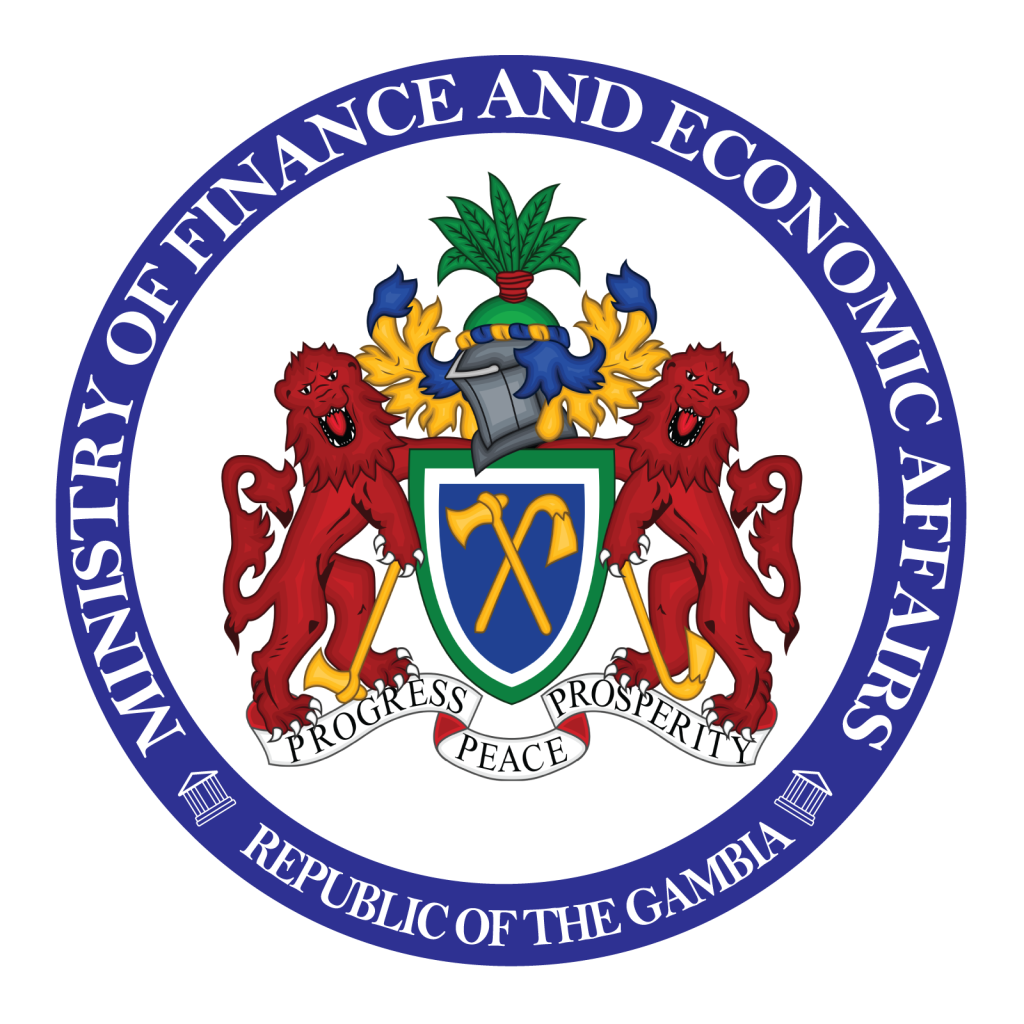The Directorate of Development Planning of the Ministry of Finance and Economic Affairs on the 21st December 2023 invited stakeholders (MDAs, development partners, the private sector, CSOs, etc.) to take part in the validation workshop of the Draft National Development Plan called the Green Recovery Focused NDP (NDP 2023-2027).
In his opening statement, the Permanent Secretary Ministry of Finance and Economic Affairs, Mr. Abdoulie Jallow stated that the formulation of the RF-NDP comes at a time when the world is grappling with the impacts of COVID- 19 pandemic and the Russia-Ukraine war which have affected economies including The Gambia. He further noted that the draft RF-NDP has undergone highly inclusive and participatory consultations and engagements with all relevant stakeholders at the ward, regional and national levels in the country. These consultations provided a platform for stakeholders to provide inputs into the formulation process. Once finalized and adopted, he added, the Green Recovery-Focused NDP (2023-2027) will address the recovery needs of the country and provide Development Partners an avenue to align their support to the country’s recovery and medium-term development needs. It will also help to address the triple development challenges such as the impact of the COVID-19 pandemic, climate change, and the risk of debt distress.
Similarly, he identified today’s engagement as providing a platform for stakeholders to review the RF-NDP document following its circulation with stakeholders. This, he added will help provide additional valuable inputs for consideration in the final document and to improve the validity and reliability of the data and information presented in it. He urged participants to actively take part as their engagements are highly valued and would demonstrate their commitment to the development process of The Gambia.
The draft NDP sets out the country’s development objectives for governance and institutional reforms, macroeconomic stability and growth, human capital development, agricultural and fisheries development, environmental management, climate change adaptation and mitigation, infrastructural development and connectivity, poverty reduction, and resilience building among others. It will serve as the vehicle for implementing Agenda 2030 and the African Union Agenda 2063. Implementation of the RF-NDP requires effective and efficient coordination and collaboration between all stakeholders including development partners.
Speaking further, Jallow noted that a key focus of the RF-NDP is inclusive partnerships and international development cooperation for enhanced implementation of the Plan and attainment of national development objectives. On behalf of the Government, he recognized and acknowledged the immense contributions of development partners toward national development. These contributions, he continued, have over the years, strengthened the socio-economic and infrastructural development of the country.
For her part, the Secretary-General and Head of the Civil Service, Madam Salimatta Touray said the plan reflects the key policy priorities of the Government and is in line with the principle of “leaving no one behindâ€. She pointed out that the formulation process of the RF-NDP was highly participatory, and the strategic objectives of the draft document are a culmination of various consultative processes and the output of the Sector Working Groups (SWGs). She added that the validation workshop aimed to build upon these consultations and provided a platform for stakeholders to provide further inputs into the draft document prior to the presentation and adoption by the Cabinet.
Since the role of the workshop was to critically review the draft with a view to further enrich the document to reflect the needs and aspirations of the Gambians, she, therefore, encouraged all stakeholders to adequately scrutinize the draft document and provide valuable inputs to fill any key pending gaps in it.
She further noted that the successful implementation of the RF-NDP requires strong institutional and human capacity at all levels, sighting the importance of the role of the civil service and the public sector in the effective implementation of the plan. She added that the public sector is the ‘steel frame’ for reforms and improved service delivery for the attainment of national development objectives. Accordingly, she said during the period of the plan, the government will develop and support institutional capacity for the effective implementation, monitoring, and evaluation of the RF-NDP and also invest in a robust results management system that will underpin the plan.
SG Touray urged MDAs to use the plan as their reference document that will guide them in resource allocation and utilization and leading their institutions when finalized. To ensure enhanced coordination, she promised that her office will revitalize the Permanent Secretaries’ Retreat/Forum which will bring them together to report on the implementation and share experiences. This, she added will strengthen the whole-of-government approach that is required for the plan’s implementation. To her, this mechanism will provide a strong platform for engagement with development partners as well as the private sector and civil society.

